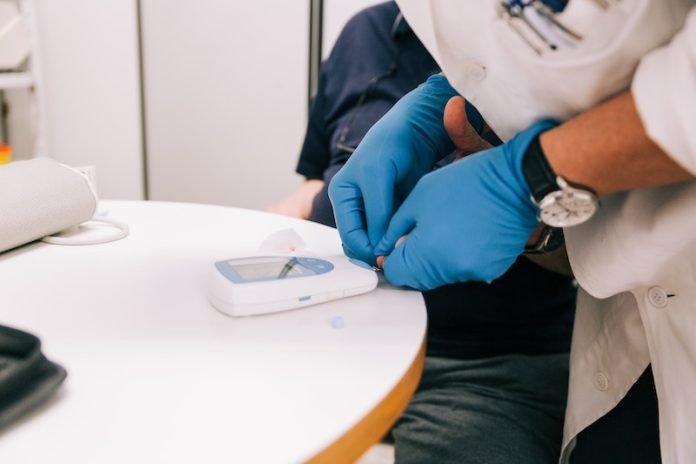
The Connection Between Sugar and Alzheimer’s
Scientists at Wake Forest University School of Medicine have discovered something new. They have found a way that eating too much sugar might lead to Alzheimer’s disease.
Alzheimer’s disease is a kind of dementia that affects memory, thinking, and behavior.
In the brain of someone with Alzheimer’s, there are toxic proteins that build up. These proteins form what’s called amyloid plaque.
The scientists discovered that eating too much sugar or having high blood sugar levels can cause this plaque to build up. This increases the risk of getting Alzheimer’s.
The Study and Its Findings
This study was published online in JCI Insight. The lead investigator was Shannon Macauley, Ph.D., an associate professor at Wake Forest University School of Medicine.
She said they wanted to understand why people with diabetes are more likely to get Alzheimer’s.
To do this, the research team gave mice sugar water to drink instead of normal water. They found that more toxic plaque formed in the brains of these mice.
They also discovered that high blood sugar levels led to more production of the toxic proteins in the brain.
A New Understanding
The scientists didn’t stop there. They also identified a special sensor on brain cells.
This sensor, known as an ATP-sensitive potassium channel or KATP channel, can link changes in the body’s metabolism with changes in how brain cells work.
It also connects with the production of the toxic proteins. ATP is an energy source that all living cells need.
When they removed these sensors from the brains of mice, high blood sugar levels no longer caused an increase in toxic proteins or plaque formation.
This finding suggests that these sensors play a big part in Alzheimer’s disease development.
Looking at Human Brains
The researchers didn’t just study mice. They also looked at these sensors in the brains of people with Alzheimer’s disease.
They found that the presence of these sensors changes when a person is diagnosed with Alzheimer’s.
Hope for the Future
This study could lead to new treatments for Alzheimer’s disease. Manipulating these sensors might help to reduce the build-up of toxic proteins and plaques.
This could be especially beneficial for people with diabetes or pre-diabetes.
As Professor Macauley said, “Pharmacological manipulation of these KATP channels may hold a therapeutic benefit in reducing amyloid-beta pathology for diabetic and prediabetic patients.”
So, there’s hope for the future in the fight against Alzheimer’s.
If you care about brain health, please read studies about how unhealthy blood pressure increases your dementia risk, and coconut oil could help improve cognitive function in Alzheimer’s.
For more information about brain health, please see recent studies that cranberries could help boost memory, and these antioxidants could help reduce dementia risk.
The study was published in JCI Insight.
Copyright © 2023 Knowridge Science Report. All rights reserved.



